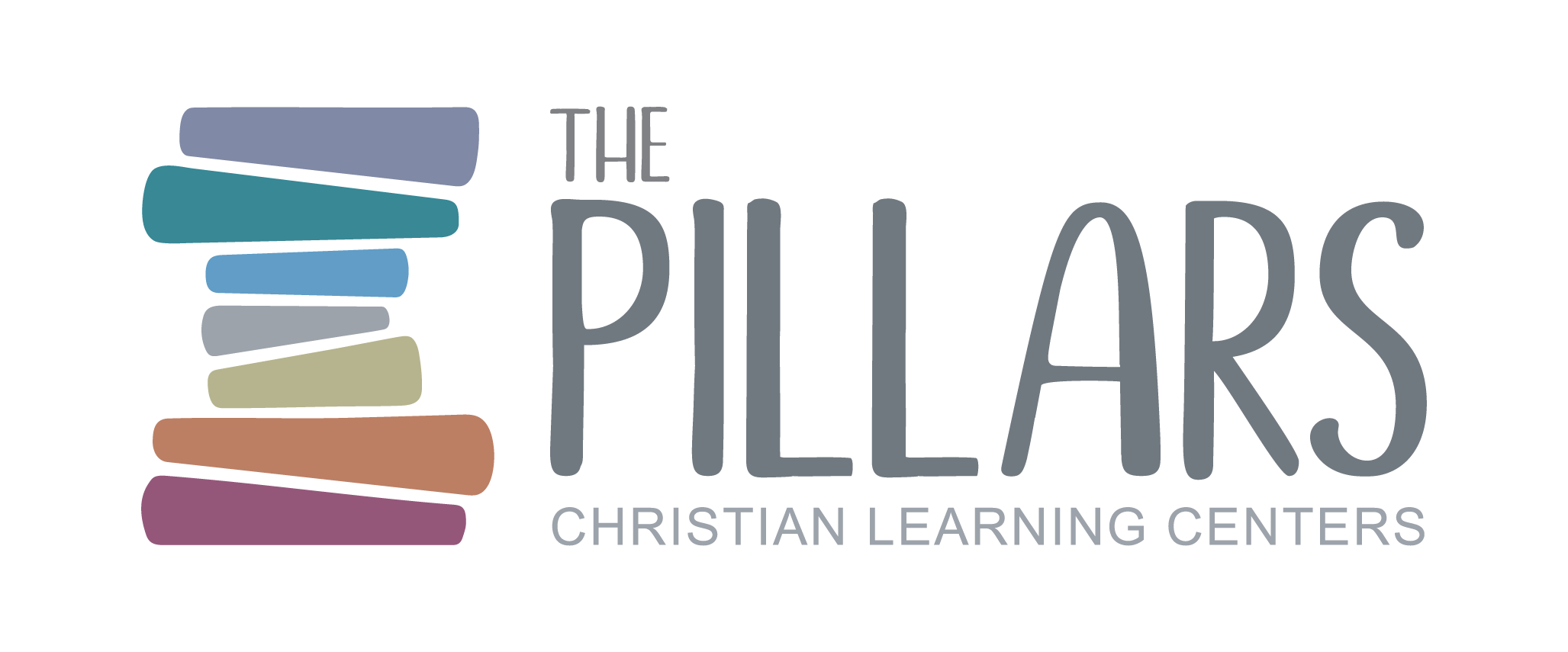A quality early childhood education (ECE) is all about providing young children a well-rounded curriculum. This will nurture and foster their growth and learning at a young age. It’s about encouraging the children to communicate, create, cooperate, and think critically. These are skills that children need to develop over time to prepare themselves as they grow up.
Parents value the significance of ECE but the challenging part now is choosing between a preschool or a pre-k program. Both offer benefits to a child but what’s the difference between these two? Is pre-k really necessary? Both preschool and pre-k programs address the needs of a child, though pre-k is distinct and wholly separate from preschool. Let’s find out the similarities and differences between these two, shall we?
What similarities do preschool and pre-kindergarten have?
First, both pre-kindergarten and preschool have a playful learning classroom. These classrooms are driven by the interest of the children. In this age, the children learn best by having hands-on experience in learning and exploring. A typical day in these classrooms includes music, art, science, reading and math activities, and of course, playtime.
Another common thing between these two is the social and emotional growth of the children. Relationships are essential for growing children. That’s why teachers in ECE are required to create a safe environment for children to thrive in. Both teach children social skills through interactions, mentoring and direct teaching.
Preschool and pre-kindergarten have so many similarities. They both promote learning and growth in children in many areas. Both also use the “play technique” to teach children. Instead of having the children listen to a lecture, they are given developmental activities to promote their problem-solving skills, teamwork, and creativity.
How do preschool and pre-kindergarten differ?
The main difference between the two is the children’s age and their developmental abilities. In preschool, a student is between the age of 2 to 4 years old, while a child in pre-kindergarten is 4 to 5 years old. Each child has their own pacing in terms of development. Generally, children in pre-k engage in activities that involve deeper learning and more structured skill-building activities that will get them ready for kindergarten.
With school readiness skills, children in a pre-k classroom are ready for more advanced learning. Pre-kindergarten focuses on advanced math, science, and critical thinking among others. While in preschool classrooms, teachers equip kids with problem-solving and self-help activities through learning basic things like the alphabet, colors, numbers, and shapes. Children in pre-k programs are focused on getting ready for kindergarten. Structured reading, writing, and problem-solving activities are done for the duration of the class.
Preschool is more like an extension of daycare. This is because the teaching style offered here is less structured. While in pre-k programs, they have more complicated activities to prepare children for formal school.
Location is another difference. Preschool is more isolated compared to pre-k environment. Pre-k classes are generally connected to a wider school environment.
The importance of pre-kindergarten education

Pre-kindergarten programs allow children to develop their language and vocabulary skills. They are also introduced to more opportunities to work with peers and collaborate on projects. Pre-kindergarten will get children ready for formal school. Once they’re in kindergarten, they will continue to develop the skills they have learned.
A high-quality pre-k curriculum will help children in their future academic endeavors. Pre-k doesn’t only prepare them academically. It’s also an important element that builds a kid’s confidence, social and emotional skills, and self-esteem. Pre-k builds a strong foundation for children’s intellectual development that will help them through their following years.
Now that you know about the similarities and differences between preschool and pre-k, you can select the right program for your children.
